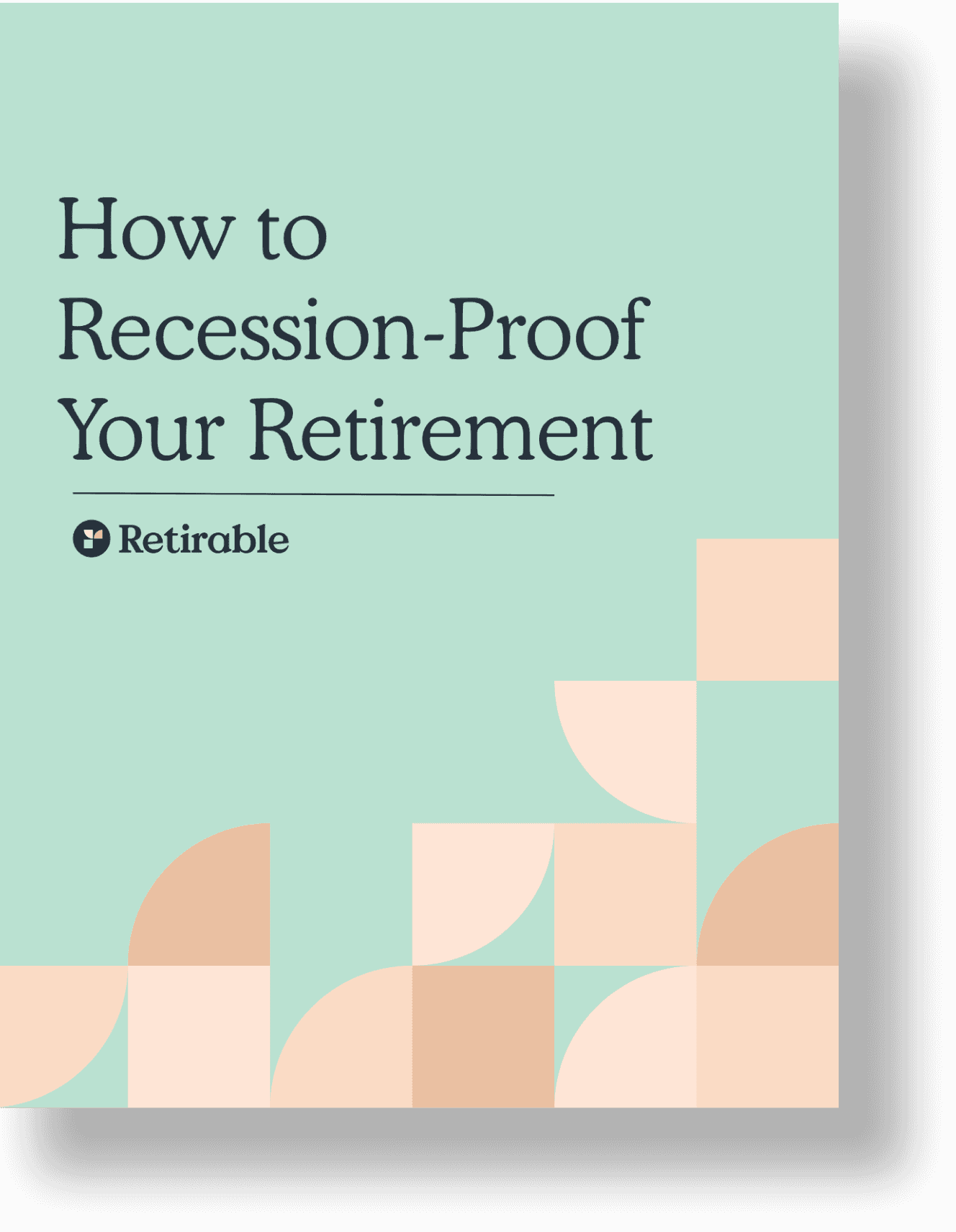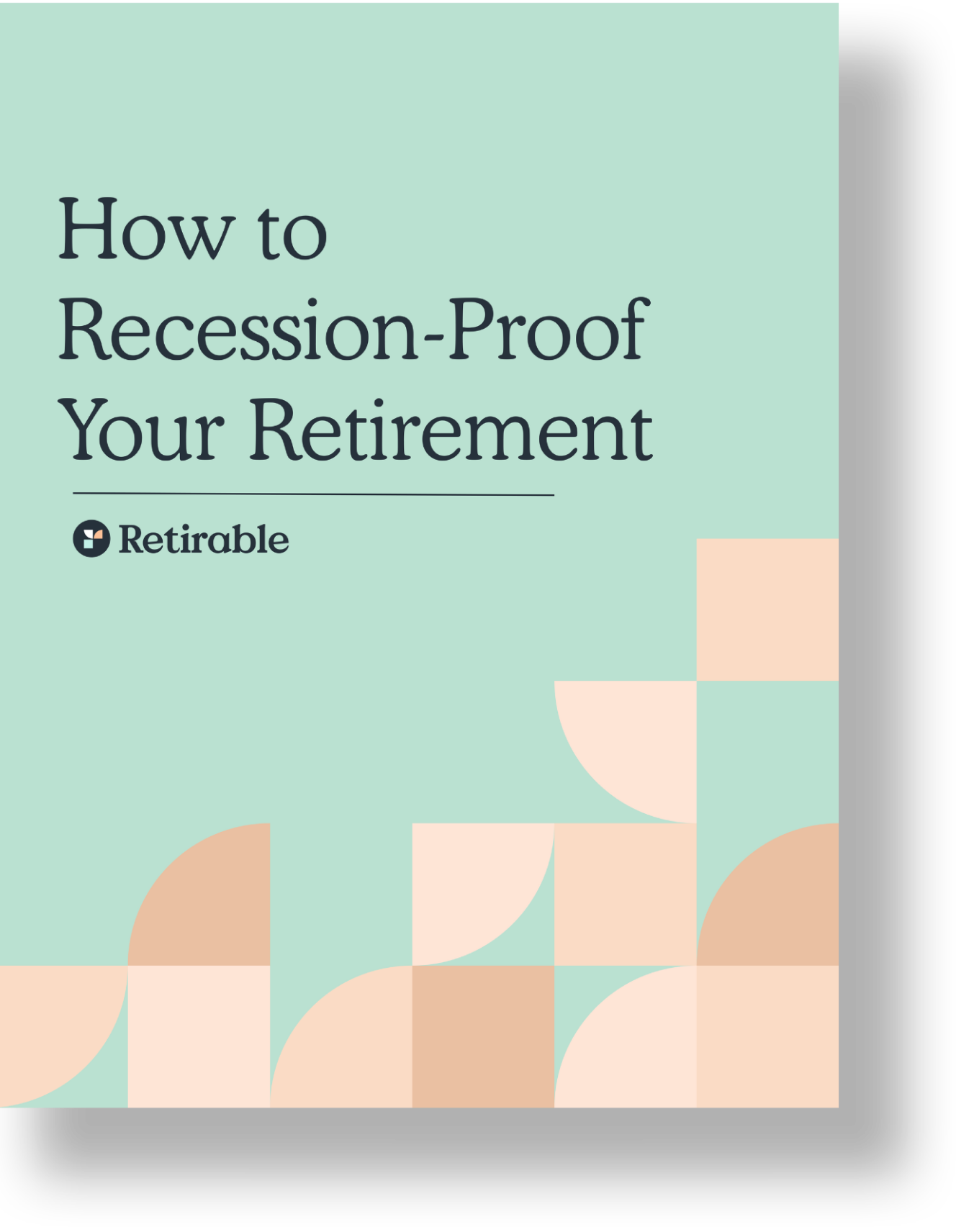Pensions
You’ve probably heard of asking for an advance on your paycheck. But what if you could get an advance on your retirement savings?

R. Tyler End, CFP®
•
Published October 13th, 2023
•
Updated February 21st, 2024
Table of Contents
Key Takeaways
Pension loans are legally allowed in many cases, but plan sponsors determine whether they’re allowed.
If your employer does allow loans, it will likely be limited to a percentage of the balance up to a fixed amount.
Your loan will have a repayment period during which regular, on-time payments will need to be made, with interest.
You’ve probably heard of asking for an advance on your paycheck. But what if you could get an advance on your retirement savings?
If that savings is in the form of a pension, you can take a loan against it. Even if it is an option, you need to decide if it’s a wise move. In many cases, better alternatives are available. First, you need to determine whether you should take a pension loan. Only then you can decide how to get a pension loan.
We’ll break it down for you to help you decide what your next move should be.
How pension loans work
Borrowing against your pension fund can seem like a great idea. If, for instance, you have $25,000 in credit card debt, tapping into your retirement savings may seem like a way to get ahead of your bills. However, you’re only shifting your debt elsewhere, and you may have to repay the loan at a quicker rate than works for your budget.
Loans for pensioners vary from one plan to another. For example, The State of New Jersey sometimes allows employees to apply for loans of up to 50 percent of their total pension contributions. In both cases, you’ll apply and, if approved, make regular payments of the amount, plus interest, according to the terms of the loan.
Eligibility
The biggest eligibility factor when considering a pension loan is having money in the account. You’ll likely be required to have a specific balance and be actively employed by the company sponsoring the pension plan. Former employees are usually excluded.
In addition to your account balance, eligibility is typically based on your years of service with the company. Many plans require a minimum number of years of employment before you’ll qualify.
Loan Limits
If you’re wondering how much you can borrow against your pension, it will typically depend on your account balance and plan rules. For example, Rutgers employees can take up to half of the amount in their account, with an upper limit of $50,000.
It’s important to remember that you’ll have to repay this amount. Requesting more than you need can cost you in the long run, as you’ll have to pay it back with interest. You’ll also lose out on any interest or potential growth you would have earned on that pension amount during the loan’s duration.
Repaying the Loan
Before you sign on the dotted line, pay close attention to the payment terms. How often will you need to make payments? What will the interest rate be? Determine what your payments will be before committing to a loan that you’ll be paying on for years.
When you borrow against your pension, the longest repayment period the IRS allows is five years. That means in five years or less, you’ll need to repay the loan amount plus interest to avoid a taxable event. If your financial situation doesn’t improve within that time, you may find yourself in even further dire straits.
Read the fine print on your loan before signing. Determine how often you’ll need to make a payment and how often that payment will be due.
Hardship Distributions
Instead of borrowing from your pension plan, consider whether you qualify for a hardship distribution. Some plans allow for hardship distributions, enabling you to take the amount out without penalty if you meet specific criteria.
With a hardship distribution, you’ll receive a payout instead of a loan. To qualify, the distribution must be due to an immediate and heavy financial need, and you can only withdraw the amount necessary to address that need.
Alternatives for Raising Money
Before taking a loan against your retirement savings, consider some alternatives. If you own a home, you could use some of your equity via a home equity line of credit (HELOC). Interest rates on HELOCs are generally more favorable than credit card rates, and the loan interest on HELOCs is tax-deductible.
If home equity is not an option, visit your bank to inquire about personal loan options or a line of credit. Consider other local banks, credit unions, or online banks that may offer loans.
If you’re a veteran, you may qualify for a VA loan, using your pension as collateral. Many pension holders are public employees with access to credit unions as an employee perk. Check with your credit union to explore your loan options.
Often employees with pensions have access to a credit union as a job perk. Check to see if you have this benefit and, if so, take advantage of it.
Bottom Line
Your retirement savings account is an important part of preparing for the future. Before you make any financial decisions, we recommend speaking to a Certified Financial Planner® who can advise you on the best course of action for you. In some cases, this may mean a loan against your pension, but often there are better alternatives.
Share this advice

Tyler is a Certified Financial Planner® and CEO & Co-Founder at Retirable, the retirement peace of mind platform. Tyler has nearly 15 years of experience at leading companies in the wealth management and insurance industries. Before Retirable, Tyler worked as Head of Operations Expansion at PolicyGenius, expanding the company’s reach into new products — turning PolicyGenius into an industry-leading disability and P&C insurance distributor. Before working at PolicyGenius, Tyler worked as Wealth Management Advisor at prominent financial services organizations.
As an advisor, Tyler played an integral role in helping clients define goals, achieve financial independence and retire with peace of mind. Through this work, Tyler has helped hundreds of thousands of people get the financial planning and insurance advice they need to succeed. Since founding Retirable, Tyler’s innovative approach to retirement planning has been featured in publications such as Forbes, Fortune, U.S. News & World Report, and more.
Pension Basics
Pension Considerations
Pension Payout Options
Share this advice

Tyler is a Certified Financial Planner® and CEO & Co-Founder at Retirable, the retirement peace of mind platform. Tyler has nearly 15 years of experience at leading companies in the wealth management and insurance industries. Before Retirable, Tyler worked as Head of Operations Expansion at PolicyGenius, expanding the company’s reach into new products — turning PolicyGenius into an industry-leading disability and P&C insurance distributor. Before working at PolicyGenius, Tyler worked as Wealth Management Advisor at prominent financial services organizations.
As an advisor, Tyler played an integral role in helping clients define goals, achieve financial independence and retire with peace of mind. Through this work, Tyler has helped hundreds of thousands of people get the financial planning and insurance advice they need to succeed. Since founding Retirable, Tyler’s innovative approach to retirement planning has been featured in publications such as Forbes, Fortune, U.S. News & World Report, and more.
Free Retirement Consultation
Still have questions about how to properly plan for retirement? Speak with a licensed fiduciary for free.






